Lead is added to many copper alloys to make all types of free machining alloys. Lead does not affect the structure and properties of copper because it is practically insoluble in solid copper. Lead coppers are categorized as low lead alloys, or free-machining alloys and high lead alloys. In the free-machining alloys, the lead acts as chip breaker and lubricant which makes these alloys easier to machine than their non-leaded counter parts. High lead copper alloys are used in bearing applications.
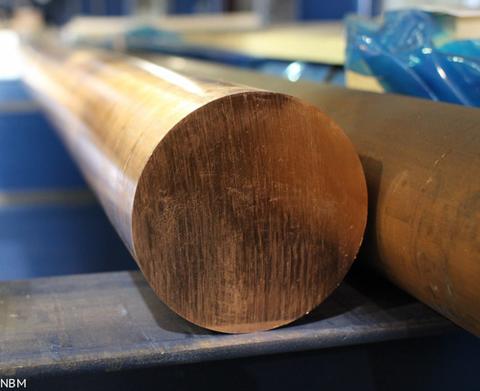 C17300 Leaded Beryllium Copper
C17300 Leaded Beryllium Copper
Typical Uses
Electrical: Contact Bridges, Electrical Switch and Relay Blades, Electric Motor Components, Navigational Instruments, Clips, Electrical Connectors, Connectors, Relay Parts, Switch Parts, Fuse Clips
Fasteners: Washers, Screws, Bolts, Retaining Rings, Roll Pins, Lock Washers, Fasteners
Industrial: Spline Shafts, Pump Parts, Valves, Non Sparking Safety Tools, Flexible Metal Hose, Bushings, Rolling Mill Parts, Electrochemical Springs, Pumps, Shafts, Springs, Bellows, Welding Equipment, Diaphragms, Bourdon Tubing
Ordnance: Firing Pins
Density: 0.298 lb/in3 at 68 F
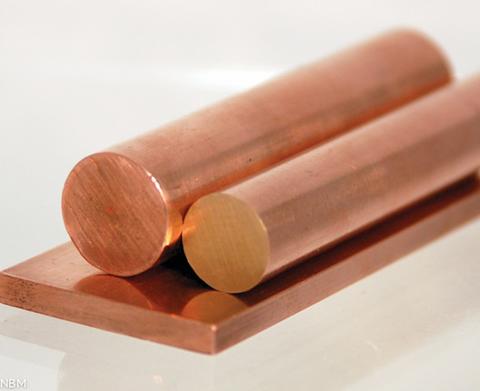 C19140 Leaded Nickel Copper
C19140 Leaded Nickel Copper
Typical Uses
Electrical: Contacts, Sockets, Connector Pins
Density: 0.320 lb/in3 at 68 F
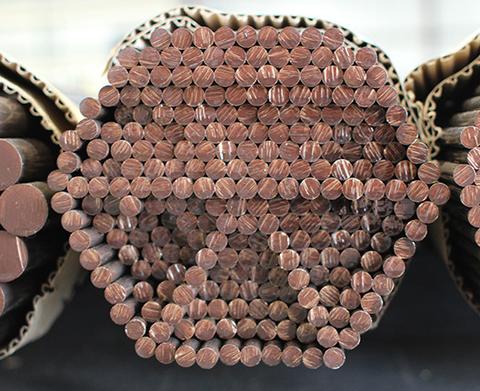 C19160 - Leaded Nickel Copper
C19160 - Leaded Nickel Copper
C19160 alloy is a free-cutting bronze alloy developed for the manufacture of connectors, primarily in the electronics industry. This high machinable alloy must meet several requirements such as high strength, high electrical conductivity, and excellent corrosion resistance.
Typical Uses
Electrical: Contacts, Sockets, Connector Pins
Density: 0.320 lb/in3 at 68 F
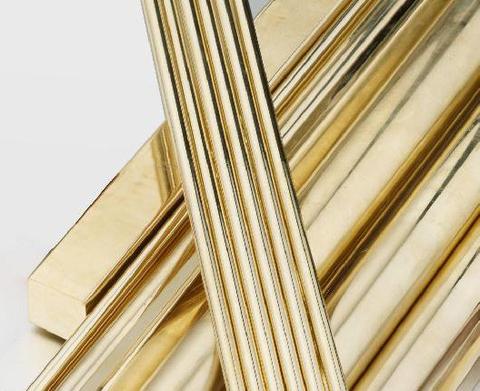 ASTM B151
ASTM B151
Typical Uses for C79200 Leaded Nickel Silver:
BUILDERS HARDWARE: Lock Pins
CONSUMER: Lightning Protection, Heating Equipment, Cooling Equipment, Trowels for Cement Working
INDUSTRIAL: Electrodes, Medical EKG and other Medical
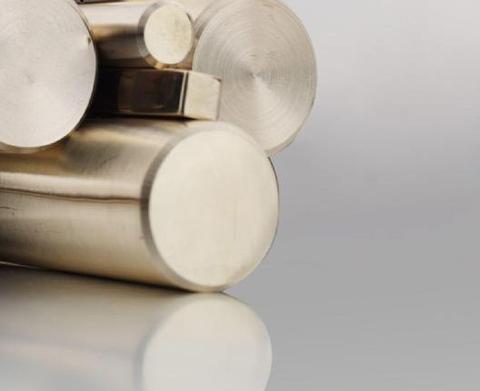 Nickel Silver
Nickel Silver